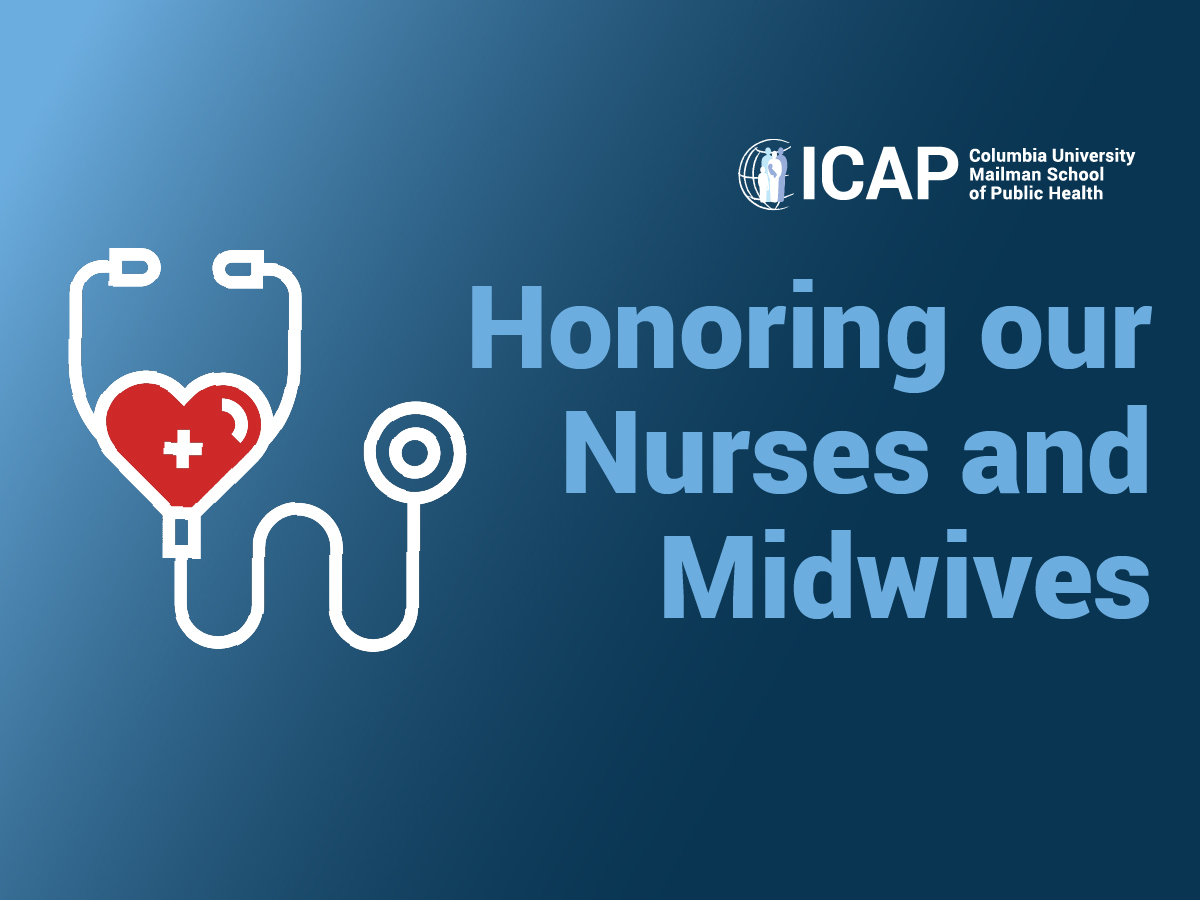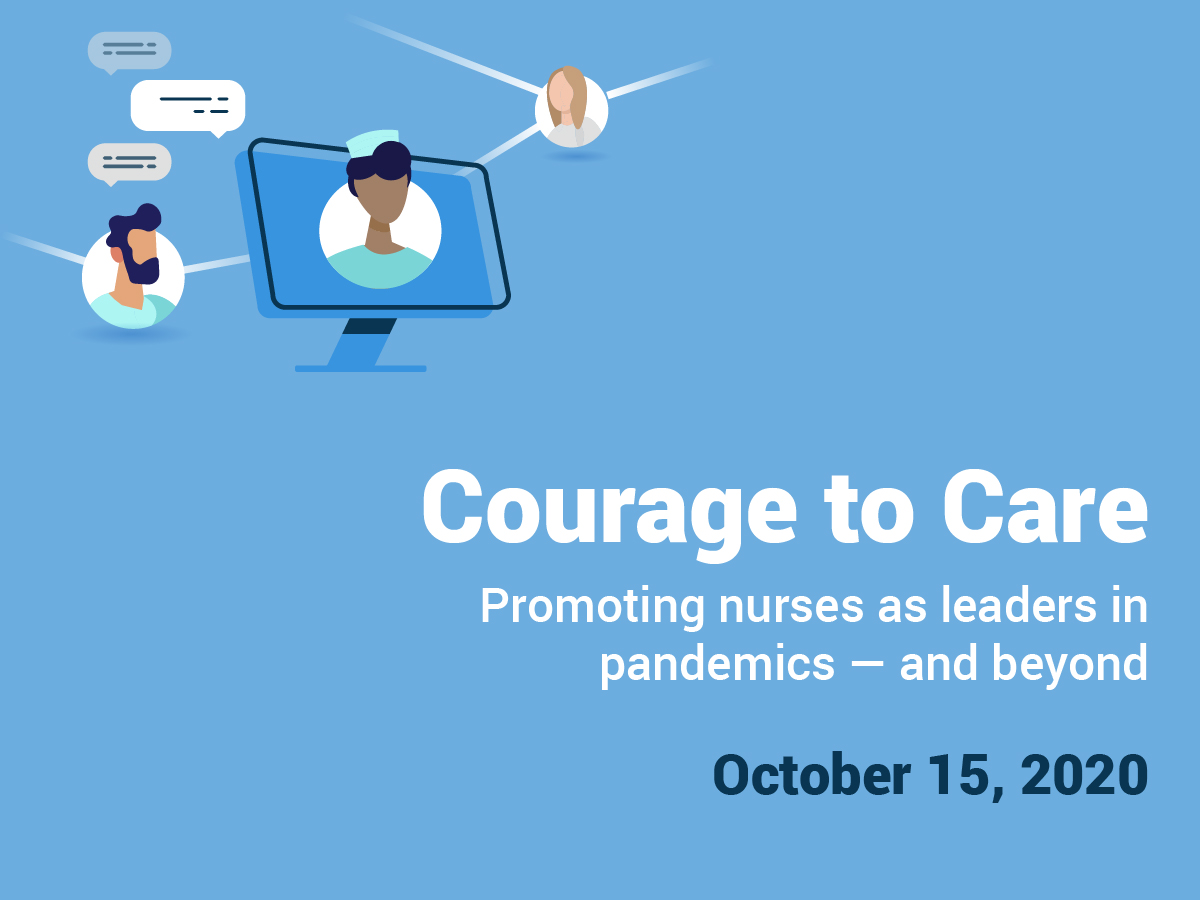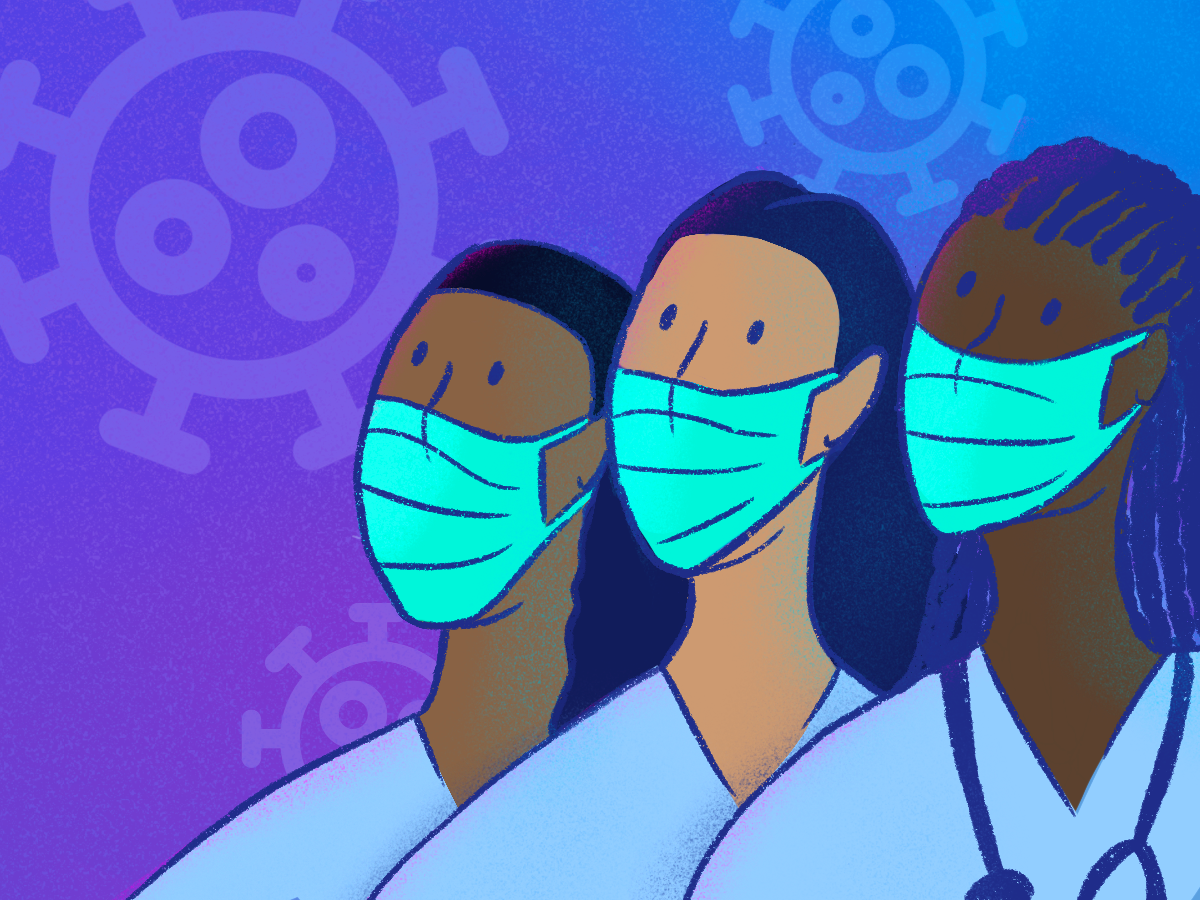Dear Florence,
During the 2016 Zika virus pandemic, I penned a letter to the editors of Nursing Outlook to champion the nursing approach—with its emphasis on health promotion and disease prevention— as a key component of a proactive, effective response to emerging and infectious diseases. After all, we are a connected world with a shared susceptibility to pathogens and harmful microorganisms. It is now 2020 and we are experiencing another global infectious disease pandemic.
As I write this, the U.S. is being hit hard by COVID-19, the disease caused by a novel coronavirus. Currently, the U.S. has the world’s highest number of cases, and without a collective, national response coordinating rapid testing and containment measures, we are continuing to see COVID-19 cases and deaths climb. This is disconcerting for us health professionals.
Florence, I know we nurses can learn much from your standardized coordination to build up a powerful nursing workforce during the Crimean War—and how you used data and science to improve the care for your wounded soldiers, which led to decreased deaths in facilities using your improved work protocols and procedures. As is true today, you believed that many of the deaths were due to social determinants of poor health such as lack of access to quality health care, inadequate nutrition, and sub-standard living conditions. You and your peers—including other notable leaders in nursing such as Mary Mahoney, Mary Seacole, and Lillian Wald—advanced a vision of health for the nation as a whole rather than for a privileged few. This legacy is the foundation for nursing as we know it today.
In our current moment, I find myself with many questions and think about how you might have viewed our response to the current pandemic. Will we take this moment to lead the charge to strengthen our public health systems? Will we use our voices to push for life-saving improvements in surveillance, testing, and contact tracing? Will we fight to improve our supply chains of medications and basic protections for our public health workforce? Will we lobby for the enactment of public health policy that addresses health inequities many Americans face?
But most importantly, I wonder: will we use our collective voices to advance a vision of health for all as the world’s most trusted profession?
I hope so.
Florence, I thank you for your advocacy, vision, and leadership. We have much to learn from your experience. I pray that we will.
Respectfully,
KAT
—
Kimberly Adams Tufts, ND, WHNP-BC, FAAN is currently Professor and Director of the Nurse Midwifery Program at Old Dominion University (ODU). Dr. Adams Tufts has an established record in the health policy arena in advanced practice nursing, health equity, and HIV.
She was the inaugural ODU School of Nursing Director of Community and Global Initiatives as well as the inaugural Assistant/Associate Dean for Interprofessional Education for the ODU College of Health Sciences. Dr. Adams Tufts has led global health efforts related to HIV, women’s and mental health in Kenya, Zimbabwe, and Ukraine.
—
Dear Florence is an online space to spark conversation on the role of nurses in global health. Named for the founder of modern nursing, Florence Nightingale, it seeks to advocate for nurses as leaders in the international health sector and encourage discussion on how the global health world can better leverage nurses’ unique connections to the communities they serve.
Dear Florence is a special initiative to commemorate the International Year of the Nurse and Midwife.
Learn more about our work with, and for, nurses on our campaign page, #ThisNurseCan.








